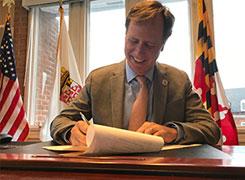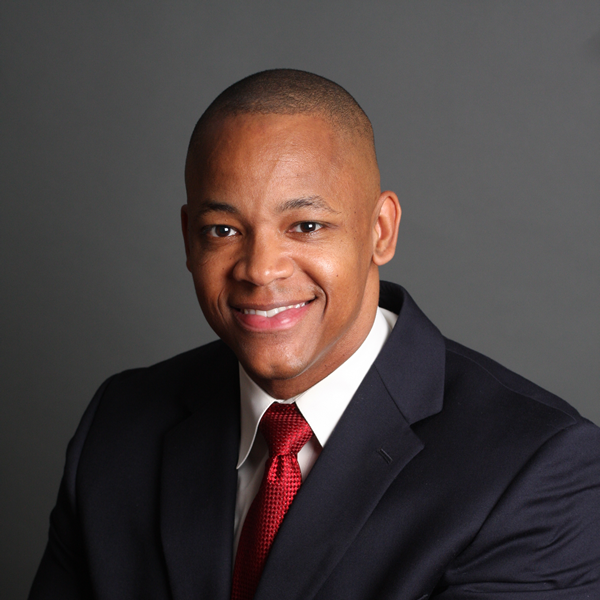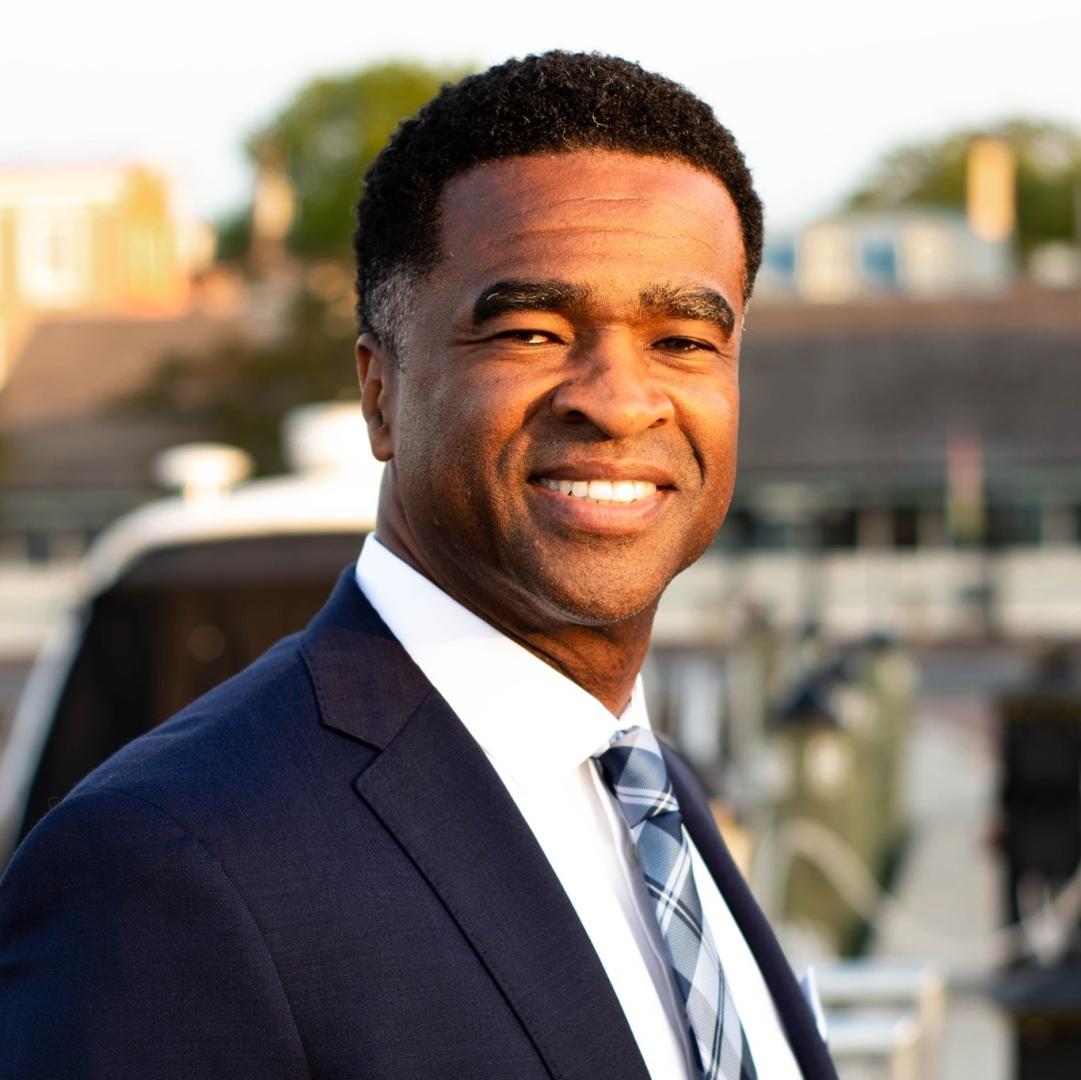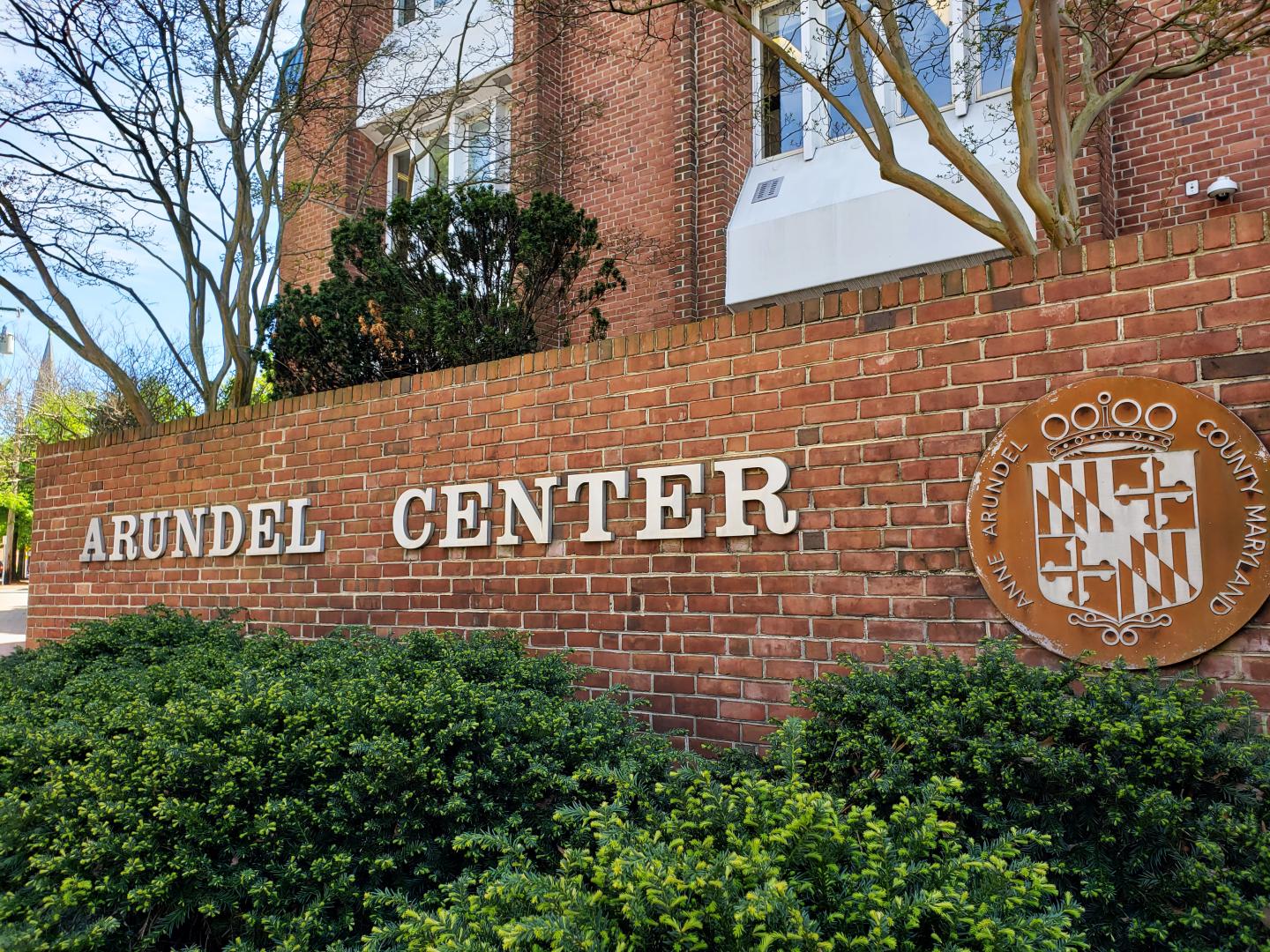Anne Arundel County News
Federal Employee Assistance
Thousands of Anne Arundel County residents and their families may be impacted as a consequence of federal government layoffs and other proposed changes to the federal workforce. Anne Arundel County has compiled a list of resources to assist you during this time of uncertainty.
Upcoming Events
County Government
Executive Branch

-
 Weekly Letters
Weekly LettersSign up to be the first to receive updates from the County Executive about what's happening in county government.
-
 Serve Your Local Government
Serve Your Local GovernmentHave you ever wanted to serve on a board or commission? Now is your chance! Several AACO Boards and Commissions currently have vacancies to be filled.
Legislative Branch







Judicial Branch




Other Entities

Arundel TV
Watch Arundel TV to learn about upcoming events, special programs, weekly public meetings and County Council meetings.

